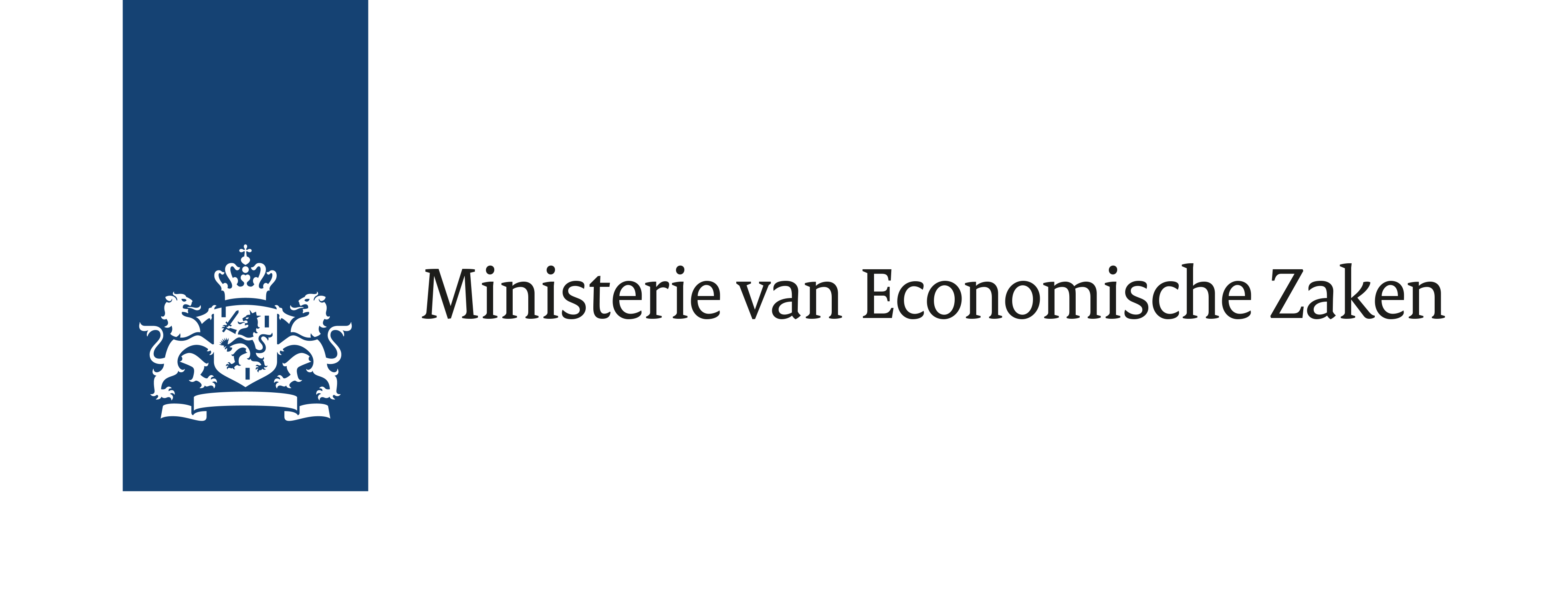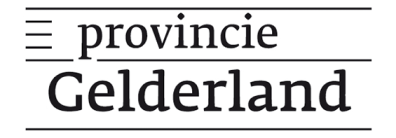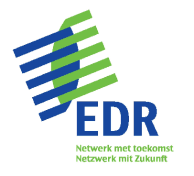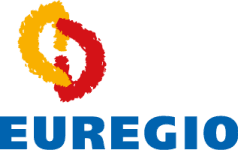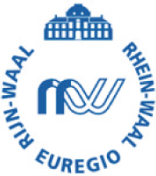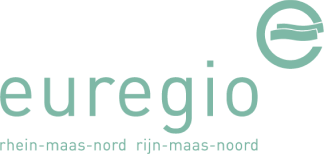Rethinking Farming and Manure
management (ReFarM) aims to contribute to sustainable agriculture by developing
and implementing technology which locally improves the valorization of animal
manure. The agricultural sector is under regulatory pressure and has the
opportunity to play a key role in key sustainability issues, especially in the
Northwest of the EU. Northwest Germany and the Netherlands are among the
regions with the highest livestock densities and manure production. The ReFarM
project aims to implement technological solutions to convert manure from waste
into products such as fertilizer alternatives, soil improvers and renewable
energy in the form of biogas. The recovered products can replace current
products derived from primary resources such as fertilizers from mining,
organic substrates from peat extraction and fossil fuels. The local reuse of
resources minimizes emissions and damage to the local environment, as well as
soil contamination from the emissions-intensive extraction of primary resources.
The reclaimed fertilizer
alternatives and soil amendments are designed to improve soil health and
functionality to support soil resilience to climate change. Soil health and
functionality are essential to sustain agricultural activities. In addition to
agricultural purposes, healthy and functioning soils also protect the
surrounding environment and surface and groundwater bodies. The ReFarM project
aims to tailor manure-based recovery products to soil needs, assess their safety
and lifecycle, and test them in laboratory and field trials. The recovered
products will be compared to primary resource products.
Manure valorization and related
circular and sustainable practices create new revenue opportunities for
agricultural SMEs. The cross-border exchange of best practices and valorization
products adds value and reduces financial and regulatory pressure on the
regional agricultural sector. The ReFarM project aims to evaluate new business
models for agricultural SMEs and to compare new scenarios with those currently
applied.
This leads to the three following
main aspects of ReFarM:
- Valorisation of manure through sustainable biotechnology
- Strengthening soils with recovery products
- Creating more sustainable and fairer manure management
The agricultural sector is the main target group of the ReFarM project,
which aims to sustainably treat manure and recover carbon, nutrients and energy
that strengthen the soil and the entire agricultural sector. The valorization
of manure saves costs and supports sustainable practices, relieving financial
and regulatory pressures on the sector. The agricultural sector is represented
in the consortium by farmers and farmer cooperatives (MTS Broekroelofs, B.E.S.
GmbH and Agricycling). The farmers involved in the project are innovative and
progressive, actively seeking sustainability in their operations. They will
test the technologies on site and apply the recovery products in field trials. The
treatment units will be showcases for the project and its field application,
bringing the agricultural sector into the process. The use of the technology
and the benefits to the soil can be seen on site and explained by people from
the same sector.
The agricultural sector is
embedded in society, bringing many stakeholders along. While farmers are the
largest stakeholders, regional and national governments, tech providers, environmental
agencies and associations, knowledge institutions and general society play a
role in at least one of the three main aspects of ReFarM. The ReFarM consortium
includes knowledge partners with backgrounds in water technology, process
engineering, agriculture and analytics (Wetsus, Hochschule Osnabrück, Kompetenzzentrum
3N, Universität Duisburg Essen), tech partners in organic waste stream
processing (Oosterhof Holman and Humus Guru) and an agricultural consultancy (DLV
Advies).

